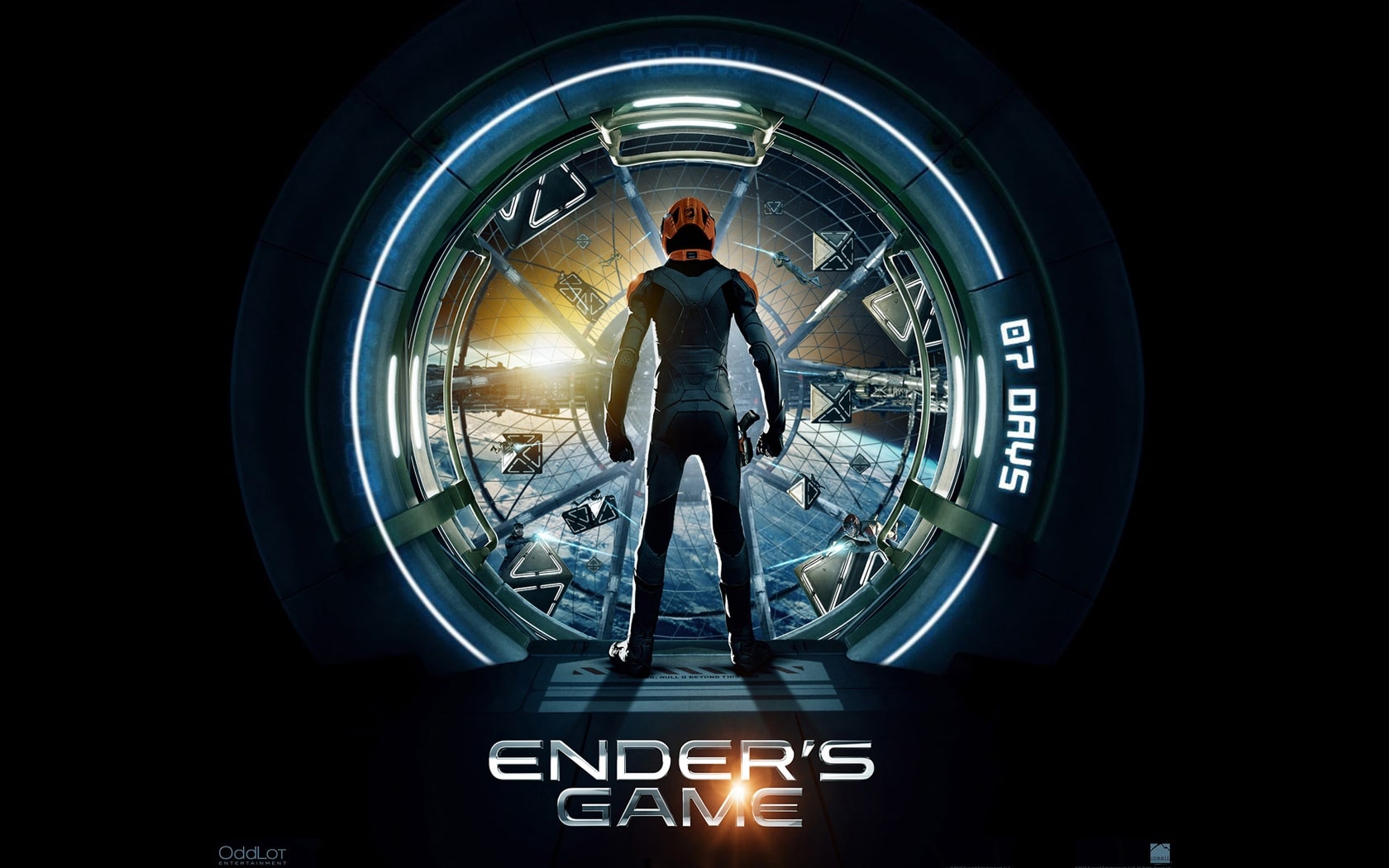
by Liz Bureman |
As a culture, we love heroes. We love to have someone to cheer for, someone who embodies what is good and right. Sometimes, however, heroes are stupid. This seems to happen a lot in movies by the Coen brothers (although whether their protagonists are in any way heroic is another matter). This also happens a lot in tragedies, especially in classic tragedies. Every tragic hero has one shining moment of stupidity in all of their stupidity, and that moment is called their hamartia.

by Guest Blogger |
Are there times when you want to write something different; to create something special and lasting that readers will find important?
Now, you know as well as I writing something timeless isn’t as easy. I was recently inspired by a book called A Grand Complication: The Race to Build the World’s Most Legendary Watch, by Stacy Perman, a fascinating book about watchmaking and collecting in the early 20th century.
After reading the book, I was struck by the many lessons fine watchmaking can teach about writing. Here are 3 of my favorites.

by Joe Bunting |
If I can, I always like to read the book before I watch the film adaptation, and so last week, I picked up the science fiction classic Ender’s Game by Orson Scott Card. I enjoyed the action-packed novel enough to read the second and third books in the series and found them to be troubled for the opposite reasons Ender’s Game was great.
If you’ve seen the film Ender’s Game (or are planning to) here’s what makes the book worth reading, and what you can learn about it and the mistakes of the rest of the series.

by Guest Blogger |
Sometimes, the hardest part of writing is the time spent not writing. Can anything good possibly come from waiting? Time is money, right? A precious resource?
If you think about it, the process of writing is pockmarked with periods of waiting. Long, interminable periods of waiting. You wait for ideas to strike. You wait for time to write. You wait for your browser to load your Web history full of research. You wait (sometimes a long, long time) on your brain, to make the connections your characters need to get from Act I to Act III.
Once your long wait is over, and you have a completed work in your hands, read, re-read, edited, revised, proofed and ready to make its way through the creeks and streams of the publishing world to an agent, a publisher, a contest or a magazine. You send it off, breathe a sigh of relief, and you wait. And wait. And wait some more.
How can we make sure the time spent waiting isn’t wasted?

by Liz Bureman |
I have a couple of guy friends who live together who are Star Wars fans. Calling them fans is actually an understatement.
The Star Wars canon follows the theme of last week with a truckload of characters. But what happens when you take the complete opposite approach, and pare down your cast of characters to one person?







